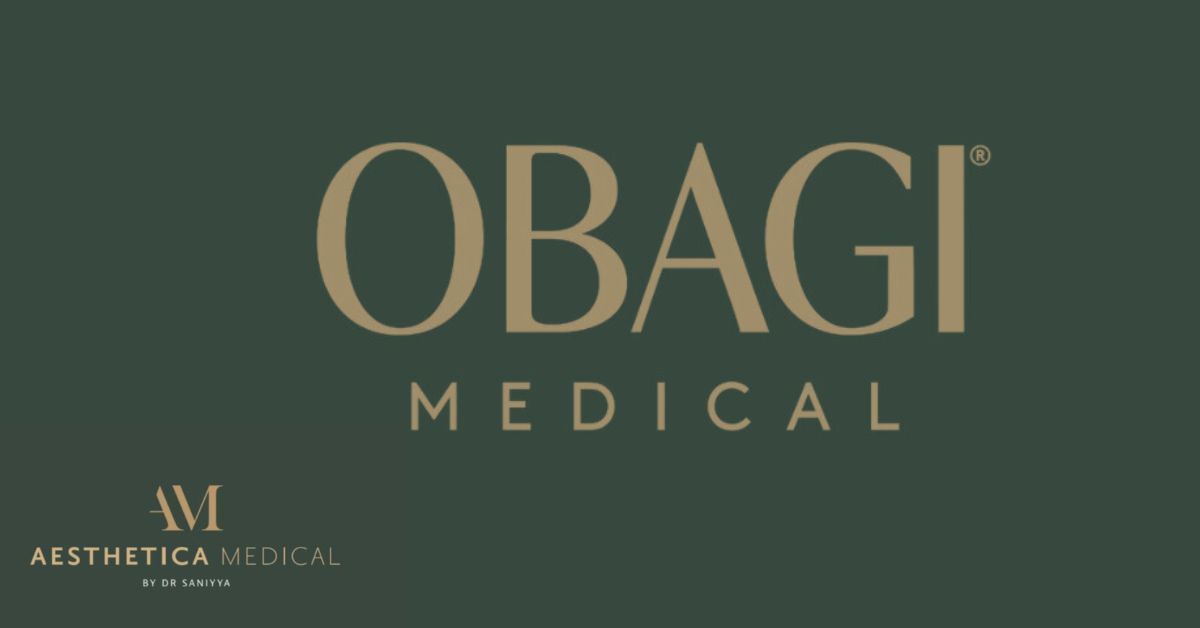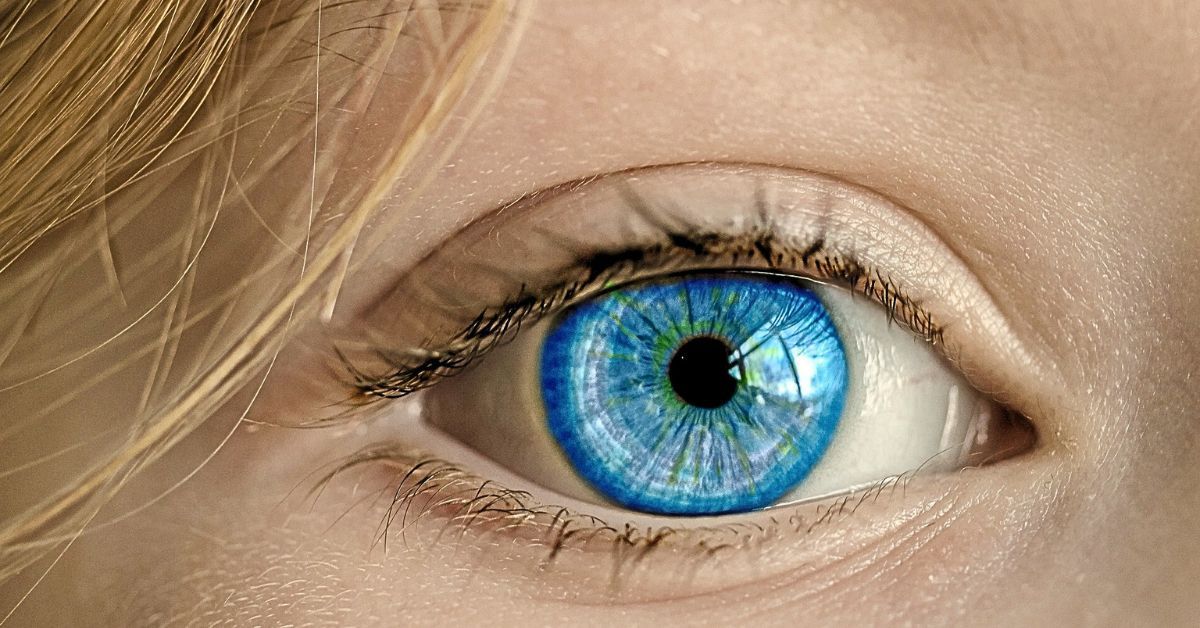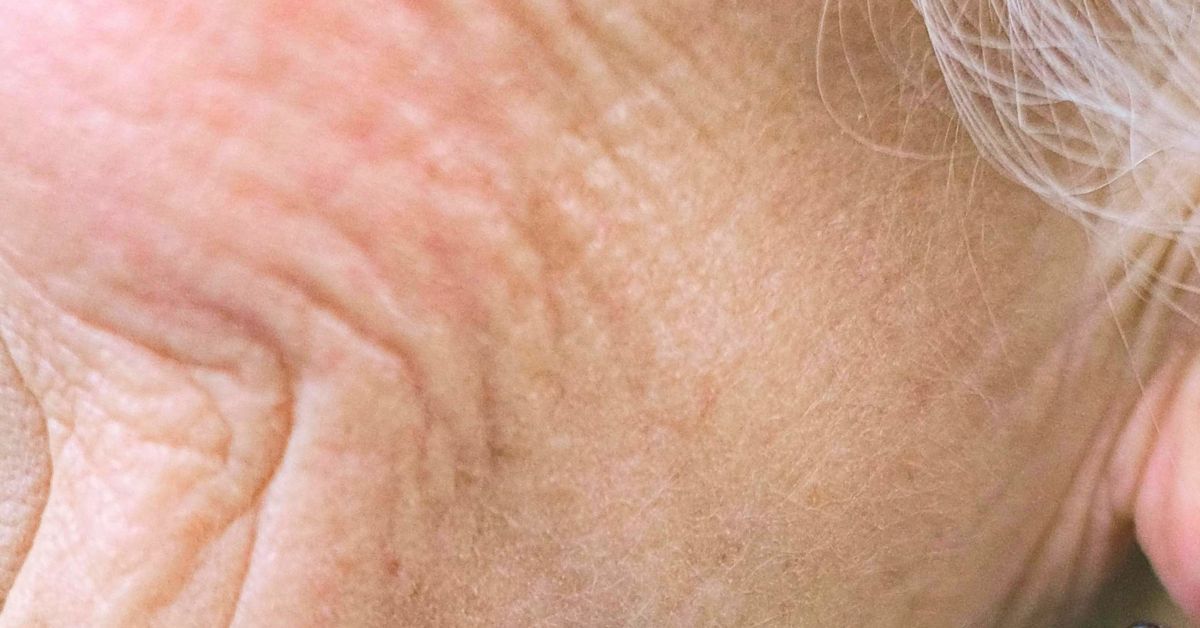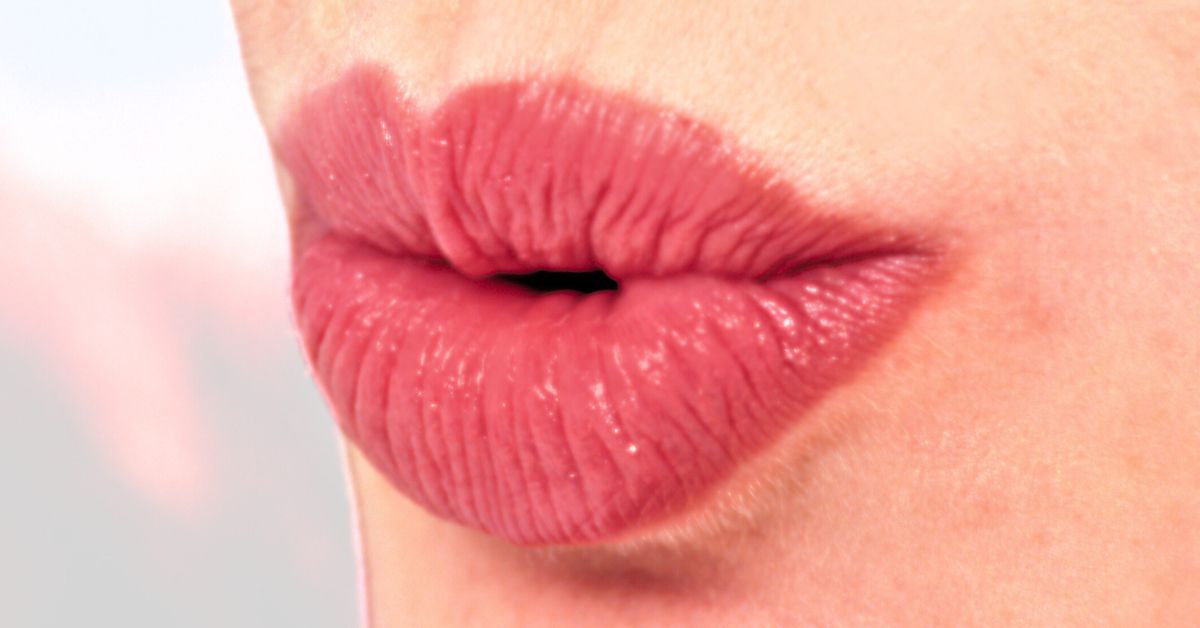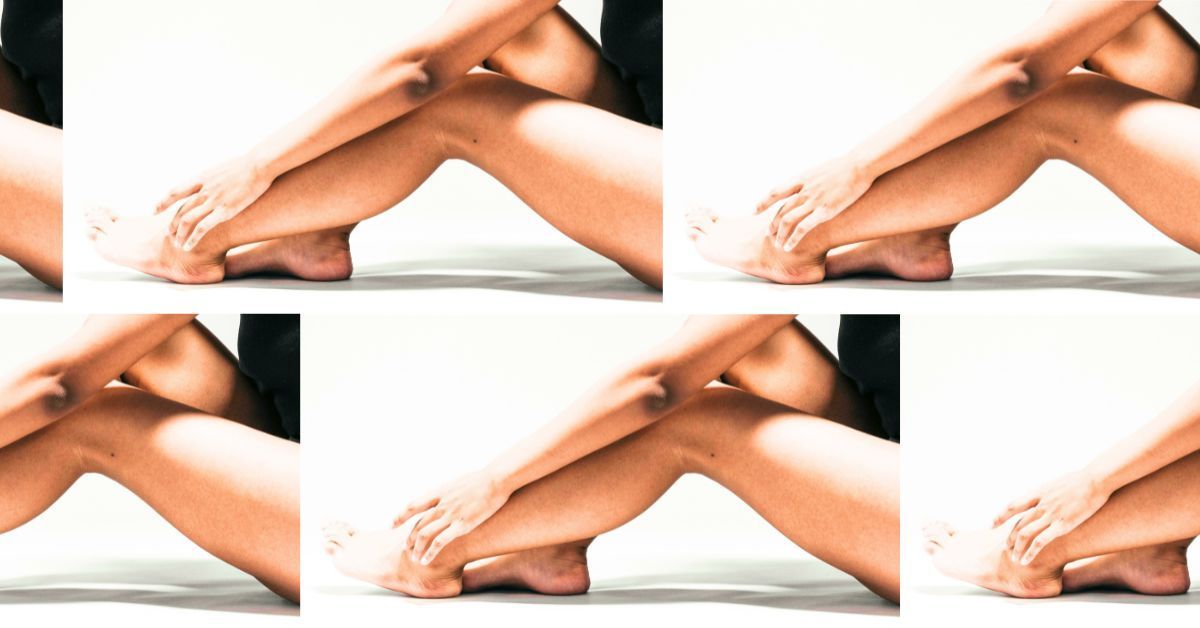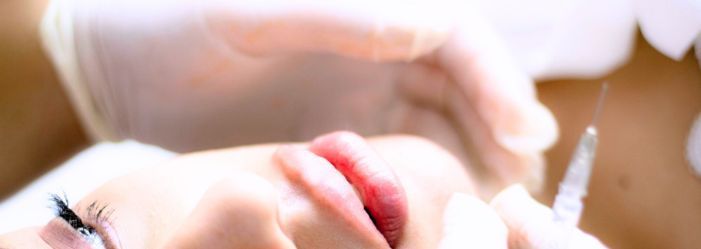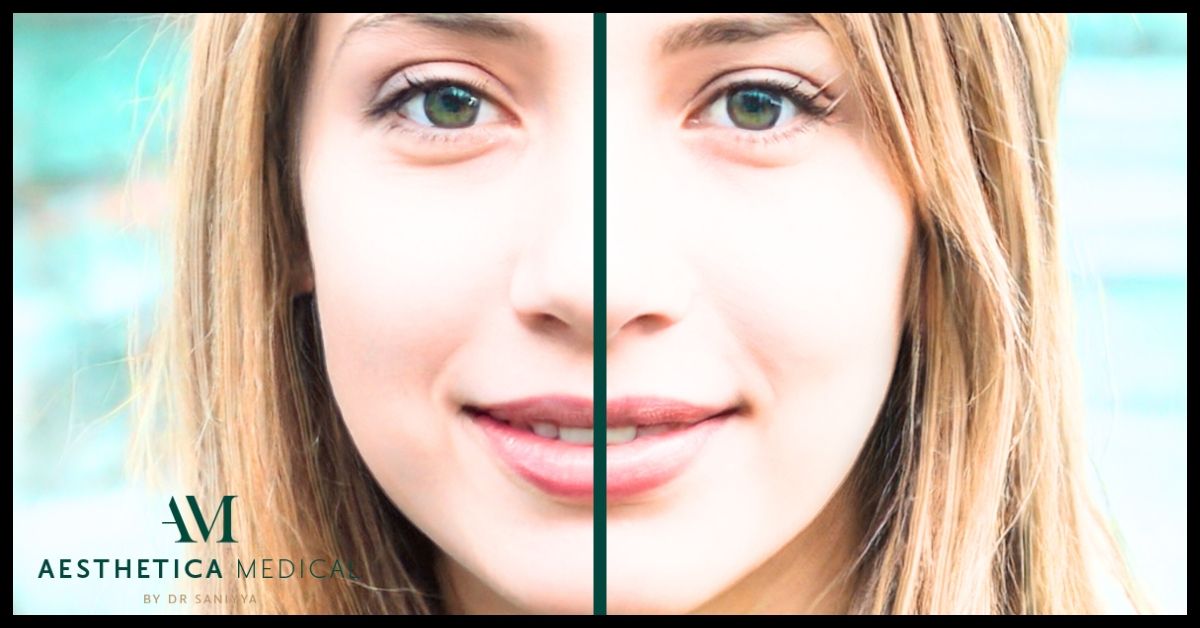The Impact of Menopause on Skin Health
What you can do about menopausal skin issues
Just when you think that menopause cannot throw any more at you, skin changes can start to appear. If you are going through menopause, please be aware that if they have not happened by now, changes to your skin might just be around the corner. The more you are ready, the less impact they will have. Menopausal skin treatments are available. Its about finding the right ones for your exact condition. Collagen inducing treatments can be part of the equation.
Hormonal Changes and Skin Health
The transition into menopause will bring about significant hormonal fluctuations, with a marked decrease in estrogen being the most impactful on your skin’s health. Estrogen is integral to preserving the skin's moisture balance, structural elasticity, and overall thickness. As levels of this hormone wane, the skin may undergo various changes, including increased dryness, diminished elasticity, and a reduction in its protective barrier. These alterations can exacerbate the ageing process and predispose the skin to a range of dermatological concerns.
Dryness and Loss of Elasticity
The decrease in estrogen during menopause directly affects the skin's hydrolipid barrier, which is essential for retaining moisture and protecting against external irritants. As this barrier becomes compromised, the skin loses its capacity to hold onto water, resulting in increased dryness. This dehydration makes the skin feel rough and tight and exacerbates the visibility of fine lines and wrinkles.
Estrogen is instrumental in the production of collagen and elastin, the proteins responsible for the skin's firmness and elasticity. With lower estrogen levels, the synthesis of these vital proteins diminishes, leading to a reduction in skin elasticity. This process accelerates the skin's natural ageing, making it appear more lax and contributing to the formation of deeper wrinkles and sagging, particularly around the jawline and neck.
Adopting a skincare routine that focuses on deep hydration and replenishing the skin's natural oils is essential to combat these effects. Ingredients such as peptides, which can mimic the skin's natural signalling for collagen production, and antioxidants, which protect against environmental damage, are particularly beneficial during this time. Incorporating products that specifically target the restoration of the skin's barrier function can help to lock in moisture, improving overall skin texture and reducing the appearance of ageing.
Thinning of the Skin
The decline in estrogen during menopause directly impacts collagen synthesis, a critical component for maintaining skin density and strength. With lower estrogen levels, the natural rate of collagen production decreases, leading to a noticeable thinning of the skin. This reduction in thickness makes the skin appear more delicate and increases its susceptibility to damage. Minor bumps or scrapes may result in more pronounced bruising or injuries, highlighting the need for enhanced skin protection and targeted care strategies to support skin resilience in this phase.
Increased Sensitivity
As menopause progresses, a notable shift occurs in skin reactivity. The decrease in estrogen levels can lead to an enhanced sensitivity, where the skin becomes more vulnerable to irritants that it once tolerated with ease. This increased reactivity can manifest as redness, itching, or irritation in response to skin care products, fabrics, or environmental stressors. Such sensitivity demands a careful and selective approach to skincare routines, emphasising the importance of choosing products specifically formulated for sensitive skin, free from potential irritants like fragrances, alcohol, and harsh chemicals.
Acne
Fluctuating hormone levels can also lead to acne, often concentrated around the chin and jawline. Managing menopausal acne requires a careful balance to avoid exacerbating dryness or sensitivity.
- Managing Menopausal Skin Changes
- Hydration, and more Hydration
Patients should focus on increasing skin hydration. Look for moisturisers containing hyaluronic acid, which can hold up to 1,000 times its weight in water, significantly improving skin hydration.

Collagen Stimulation
Due to the decrease in collagen and collagen production exacerbated by menopause, any treatment that has the potential to increase collagen production could be useful. Treatments such as microneedling or energy-based devices can encourage collagen production, helping to mitigate the loss of elasticity and thickness. Newer injectable treatments such as polynucleotides also have their uses for increasing collagen.
Our Collagen Inducing treatments include:
Gentle Skincare Products
Switching to gentle, fragrance-free skincare products can help manage increased skin sensitivity. Products designed for sensitive skin can cleanse and moisturise without causing irritation.
Acne Treatment
Non-comedogenic products are recommended for acne. Ingredients like salicylic acid can help manage breakouts, but it's important to balance acne treatment with moisturisation to avoid drying out the skin further.
Sun Protection
Sunscreen is more essential than ever for menopausal skin, which is more susceptible to damage. A broad-spectrum sunscreen with an SPF of 30 or higher should be applied daily to protect against both UVA and UVB rays. And yes, this includes winter, spring, and autumn too.
Aesthetica Medical
Menopause presents challenges for skin health, but with the right care and treatments, patients can maintain healthy, resilient skin. Consulting with a doctor who specialises in skin health can provide you with personalised advice and treatment options that will give you the best chance of navigating menopausal skin issues. We have many suitable treatments here at Aesthetica Medical to help you with the potential skin challenges of menopause.
Contact us at the clinic to find out how we can help.
We are dedicated to providing you with the highest quality care and achieving optimal results. Book in for an appointment to see how we can help with your concerns.


